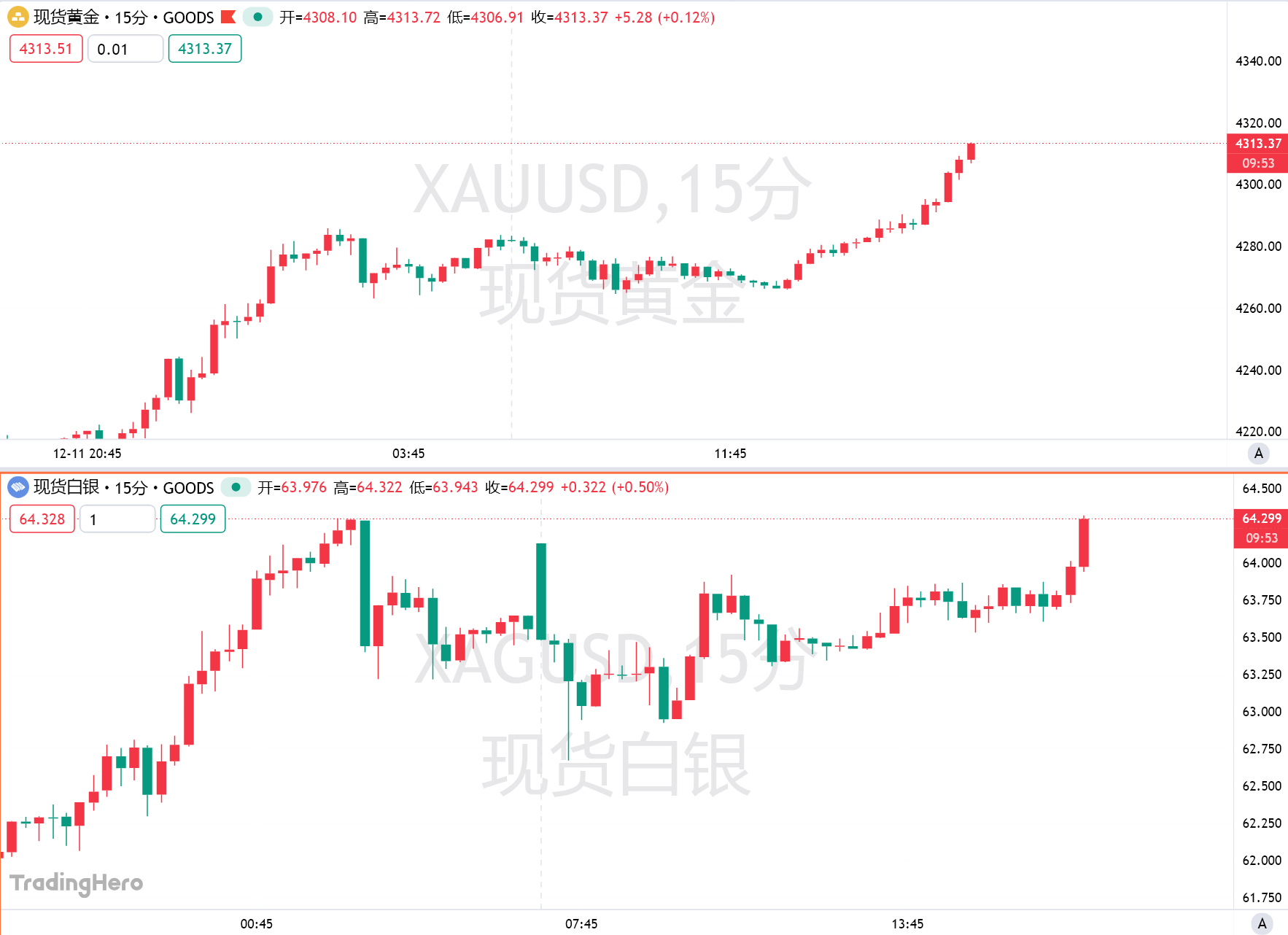VanEck seeks first U.S. ETF linked to Lido’s staked Ether
VanEck is leveraging recent SEC guidance that distinguished certain staking activities from securities laws, positioning its stETH fund as a direct test of the regulator’s new operational clarity.
- VanEck has filed with the SEC to launch the first U.S. ETF tied to Lido’s staked Ether, giving regulated exposure to Ethereum’s staking economy.
- The filing follows new SEC guidance confirming that standard liquid staking activities do not qualify as securities transactions.
- VanEck’s proposed ETF aims to bridge decentralized staking with traditional finance, offering institutional investors compliant access to Ethereum yield.
According to a recent filing with the U.S. Securities and Exchange Commission, asset manager VanEck has formally submitted an S-1 registration for a VanEck Lido Staked ETH ETF. The proposed fund is designed to track stETH, the liquid staking token that represents ether staked through the decentralized Lido protocol.
Notably, VanEck’s proposal follows a critical clarification from the SEC’s Division of Corporation Finance, which indicated that standard liquid staking activities do not constitute securities transactions under specific administrative parameters.
Bridging liquid staking and regulated finance
VanEck’s filing does more than introduce another crypto-linked ETF. It marks a turning point in how institutional investors can engage with Ethereum’s staking economy through regulated structures. According to Kean Gilbert, Head of Institutional Relations at the Lido Ecosystem Foundation, the filing represents a maturation of the entire sector.
He stated that it signals a “growing recognition that liquid staking is an essential part of Ethereum’s infrastructure,” demonstrating that decentralized protocols and institutional standards can successfully coexist.
The VanEck Lido Staked ETH ETF is designed to hold stETH, the liquid staking derivative representing ether staked via Lido’s decentralized network of validators. The fund mirrors Ethereum’s staking yield while preserving daily liquidity, a key differentiator from conventional staking or direct onchain participation.
Because stETH can be instantly traded or redeemed on secondary markets, it bypasses Ethereum’s native withdrawal delays. This allows VanEck to manage the fund’s creations and redemptions with traditional efficiency, all while maintaining continuous exposure to the underlying staking rewards.
For VanEck, which manages over $116 billion in assets, the move extends its reputation for identifying frontier investment classes, from gold ETFs in the 1960s to emerging markets and now to tokenized yield products.
Testing the SEC’s new regulatory clarity
The timing of this proposal is also notable. The SEC recently provided essential guidance, confirming that standard liquid staking activities, including the issuance and redemption of tokens like stETH, do not constitute securities transactions when conducted within specific administrative parameters.
The agency clarified that these staking receipt tokens are not securities, a determination rooted in the fact that the underlying staked assets themselves are not securities. This nuanced distinction provided the legal bedrock for a regulated product to reference the token.
Sam Kim, Chief Legal Officer for the Lido Labs Foundation, noted that filings of this nature are a direct result of this evolving regulatory landscape. He pointed to extensive work with industry groups like the Crypto Council for Innovation and the Blockchain Association to educate policymakers, ensuring decentralized protocols can support compliant access to Ethereum staking.
Disclaimer: The content of this article solely reflects the author's opinion and does not represent the platform in any capacity. This article is not intended to serve as a reference for making investment decisions.
You may also like
A decade-long tug-of-war ends: "Crypto Market Structure Bill" sprints to the Senate
At the Blockchain Association Policy Summit, U.S. Senators Gillibrand and Lummis stated that the "Crypto Market Structure Bill" is expected to have its draft released by the end of this week, with revisions and hearings scheduled for next week. The bill aims to establish clear boundaries for digital assets by adopting a classification-based regulatory framework, clearly distinguishing between digital commodities and digital securities, and providing a pathway for exemptions for mature blockchains to ensure that regulation does not stifle technological progress. The bill also requires digital commodity trading platforms to register with the CFTC and establishes a joint advisory committee to prevent regulatory gaps or overlapping oversight. Summary generated by Mars AI. The accuracy and completeness of this summary, generated by the Mars AI model, is still being iteratively updated.

Gold surpasses the $4,310 mark—Is the "bull frenzy" returning?
Boosted by expectations of further easing from the Federal Reserve, gold has risen for four consecutive days. Technical indicators show strong bullish signals, but there remains one more hurdle before reaching a new all-time high.

Trend Research: Why Are We Still Bullish on ETH?
Against the backdrop of relatively accommodative expectations in both China and the US, which suppress asset downside volatility, and with extreme fear and capital sentiment not yet fully recovered, ETH remains in a favorable "buy zone."

